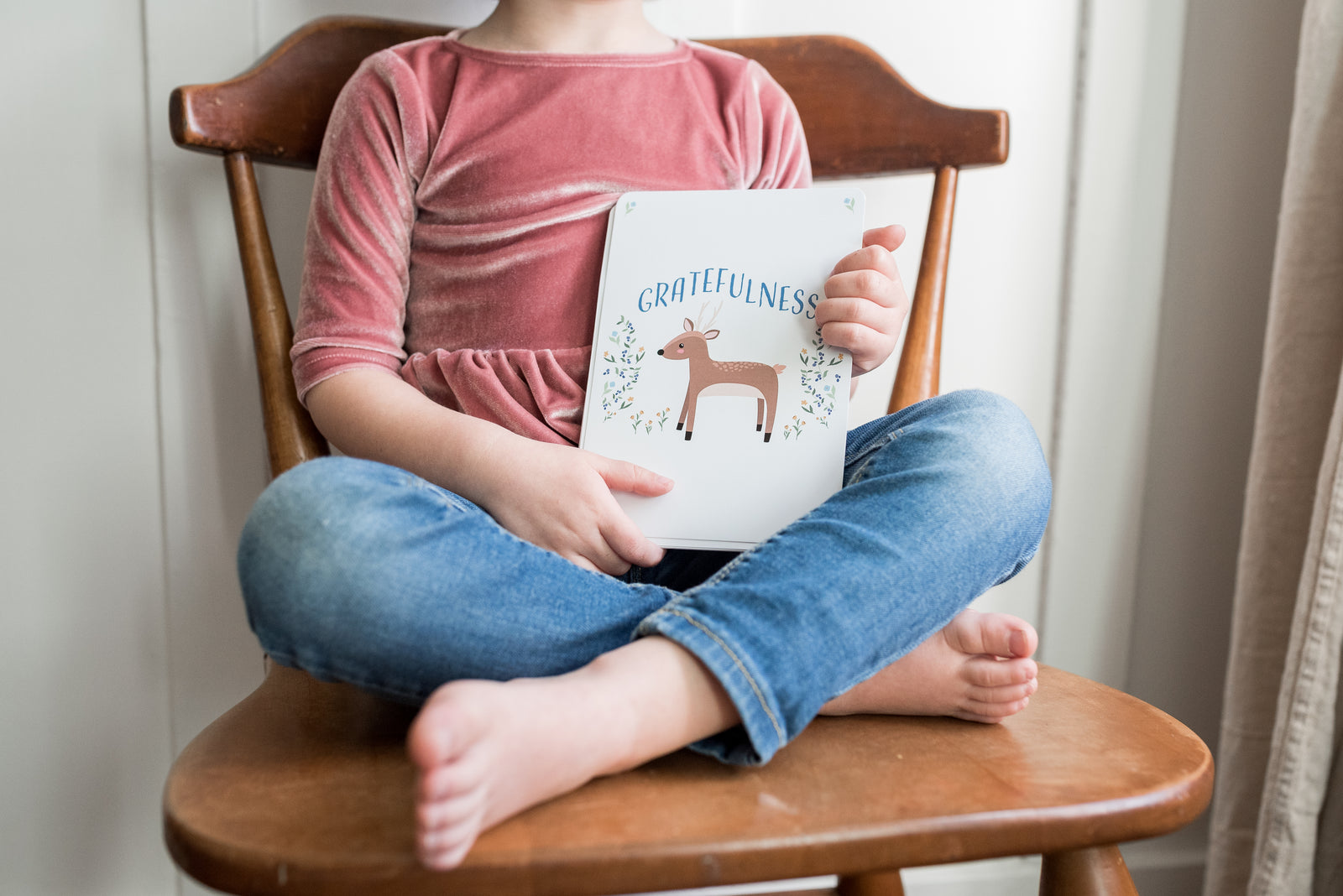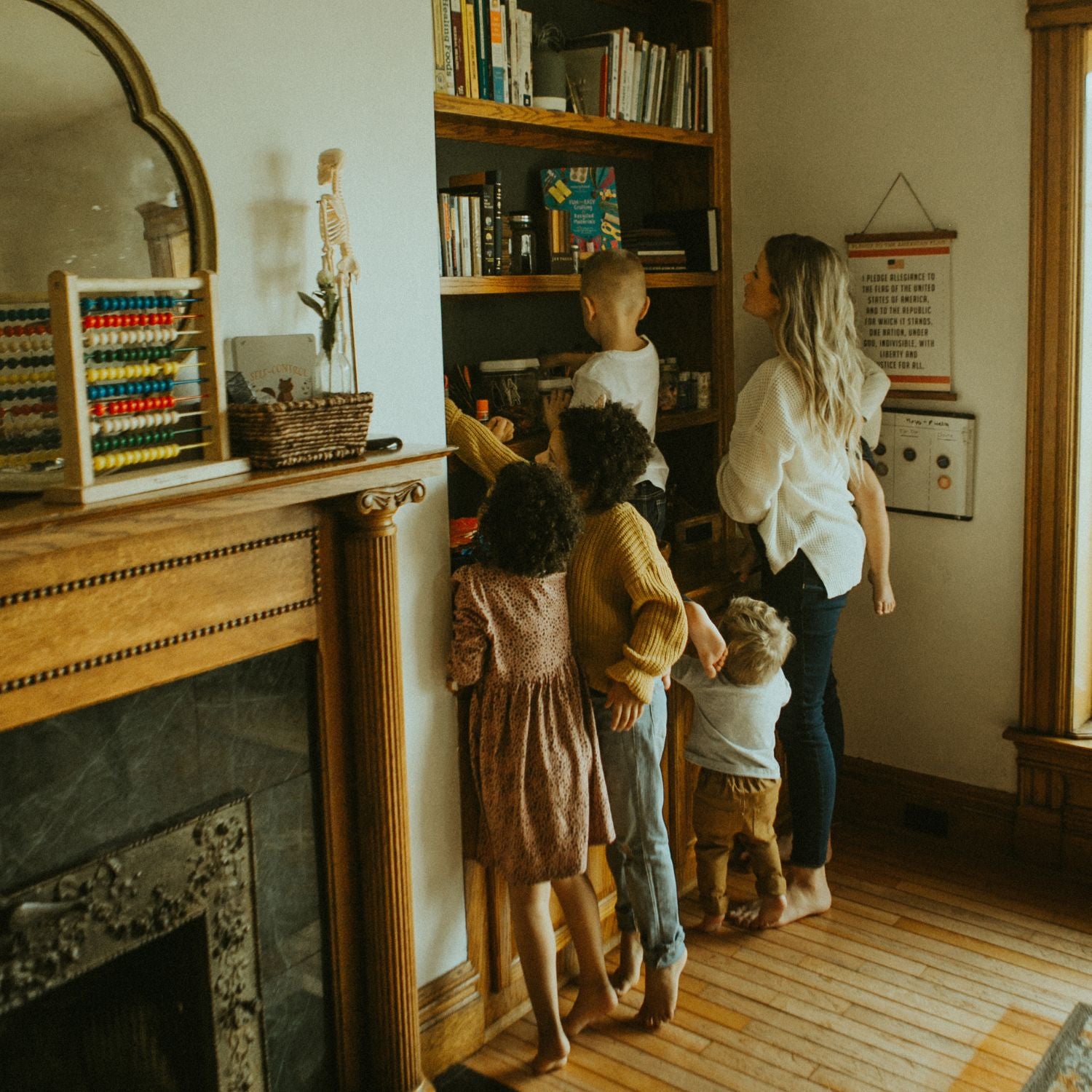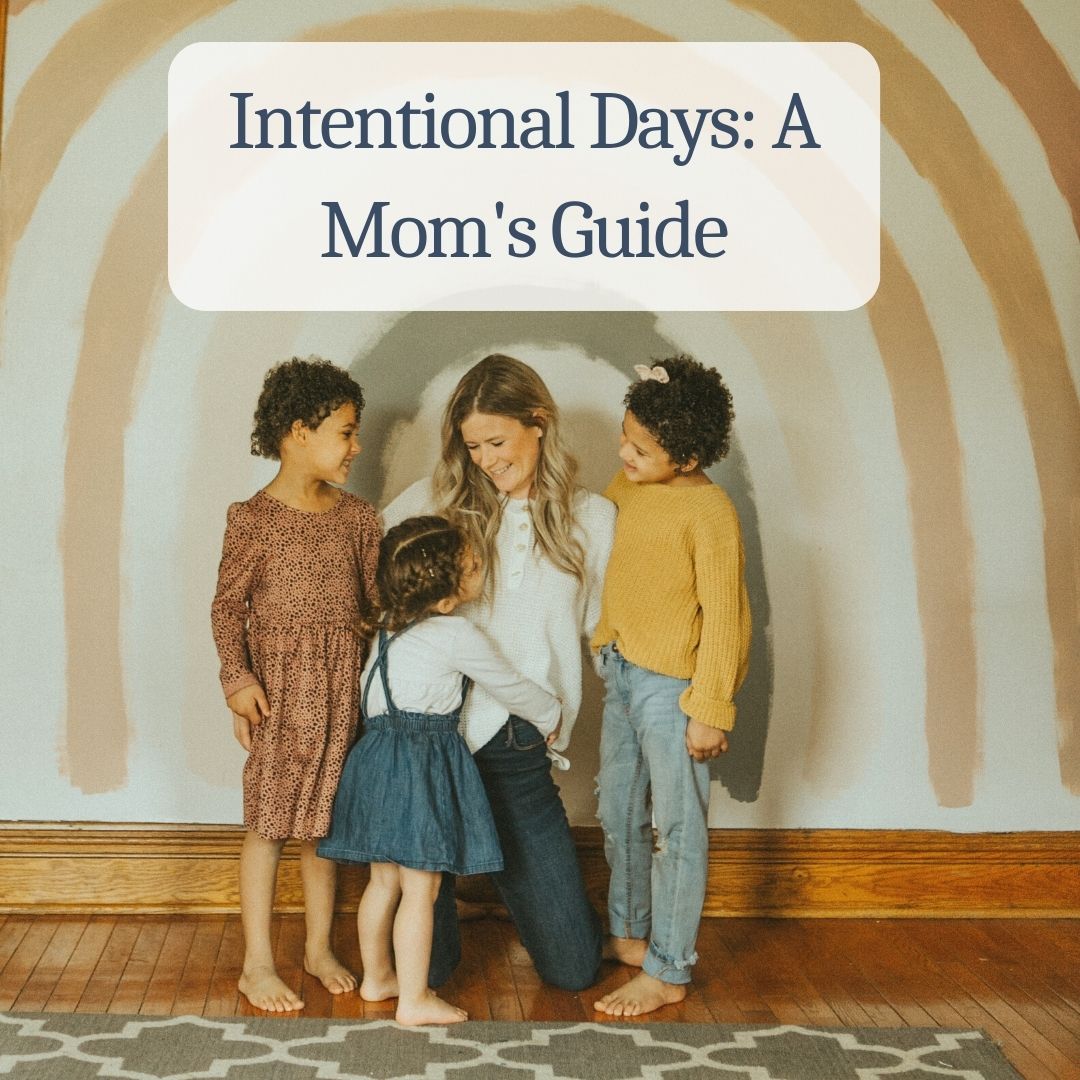
It is always exciting to me when other parents realize their little learner’s full potential and the amazing window into better behavior, a peaceable approach to instruction and a brighter hope for every day.
I can fully remember what I would call a “stand down,” with my now 25 year old son, when he was 2. He had completely emptied a carton of crayons onto our kitchen floor and this wasn’t the first time he had done this. (with no intentions of using them to color.) I remember the moment I knelt down to pick all of them up, while he sat there and watched me. I had him hold the box, while I carefully put one crayon at a time inside, as he repeatedly turned the box upside down to empty them again. I handed him the box and showed him how to pick them up himself and walked away with clear instructions to not move from that spot until he was finished. The minutes turned to a 40 minute temper and refusal to listen and be helpful. I could have picked them up and proceeded with our day. But, in that moment, I realized that my child had the powerful ability to show good character (and not just obedience) in moments like these. This could be kindness, helpfulness, respect, perseverance and more.) Not every task or lesson in our little learner’s lives is “just obedience.”
My journey to understanding the importance of raising kids with character, far outweighs the life lessons brought on during the teen years. The formative years of a child’s life are between 1-8, and those areas we sometimes think are for “later,” can often come in small and powerful everyday lessons in our lives while our children are little.
Many of you have asked what this looks like for our little ones. Here are a few ideas that may help get you started.
Use and speak words of character
“Let’s be helpful today, and work together to pick up our toys before lunch. This is teamwork and responsibility. We all made the mess, so we will all clean up and be helpful.”
Not just, “clean up your toys.”
My little ones heard me using words of character and understanding the meaning behind what they were doing and the why. It is always the why. Even as adults, we want to know the why. When we give this to our little ones, it is a reason beyond pleasing their parents that gives good character its motivation.
Spend the non-conflict times of our days talking about good character and what it looks like
Attempting to make every conflict moment a teachable moment, will frustrate everyone. The emotions are running high and the correction over the poor behavior is taking the focus of the conversations and moments, but teaching our kids in the calmer, every day moments of life how to put on good character will give them the tools to think ahead the next time.
We would make this a lighthearted and learning conversation, reviewing the opposite of good character and the I Can’s to what this looked like every day. They understood so early on what this means!
Teach the “put off and put on,” principle while they are little.
For every behavior we teach them to “put off,” we should give them something to “put on.” t This simple practice is another great tool for us to speak and show them what good character looks like.
Use your morning or evening times to review simple and creative ways to talk about what you can practice that day to show the character qualities you have chosen.
Choose one character quality a week to practice and cover with your little ones.
Reward with affirmation and use of character language when your little one is trying.
“I am so proud of your hard work and diligence when you picked up your toys.” You were so kind and helpful to your friend at the park today.”
Set them up to succeed. Many times we correct or have consequences for bad behavior, when we forget they need tools and an understanding of what could be better.
Enjoy the process together! Teaching our little learners character is 100% a weaving of learning into your lifestyle. It is not a curriculum. It is not in the conflict. It is in your every day and in your own language and living. They learn from example and the time you take to teach them when you are in the best moments of your days.




